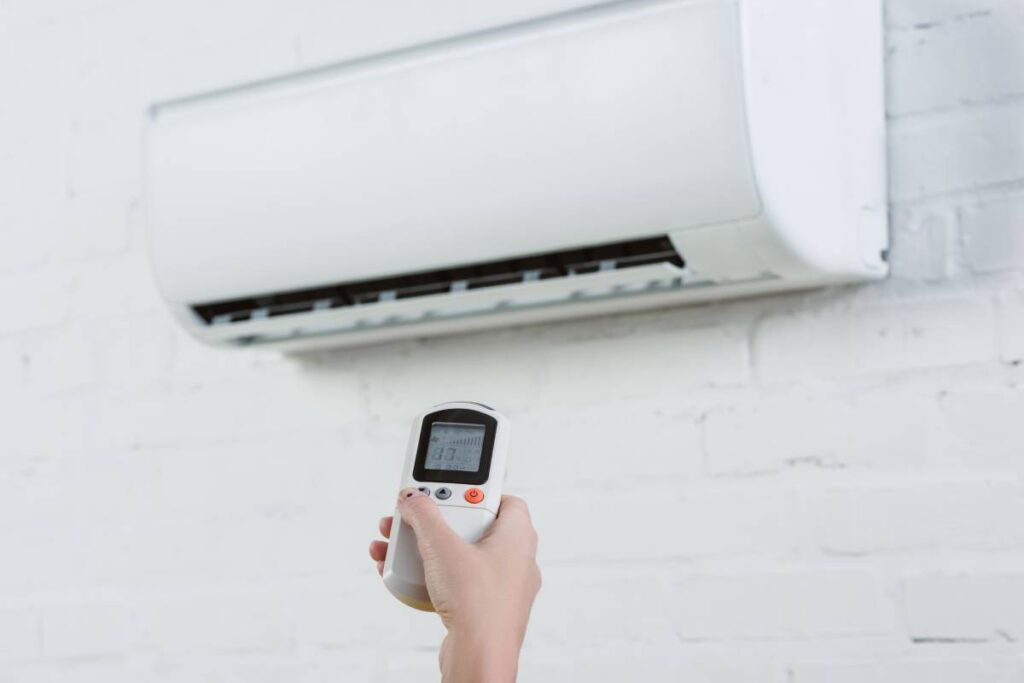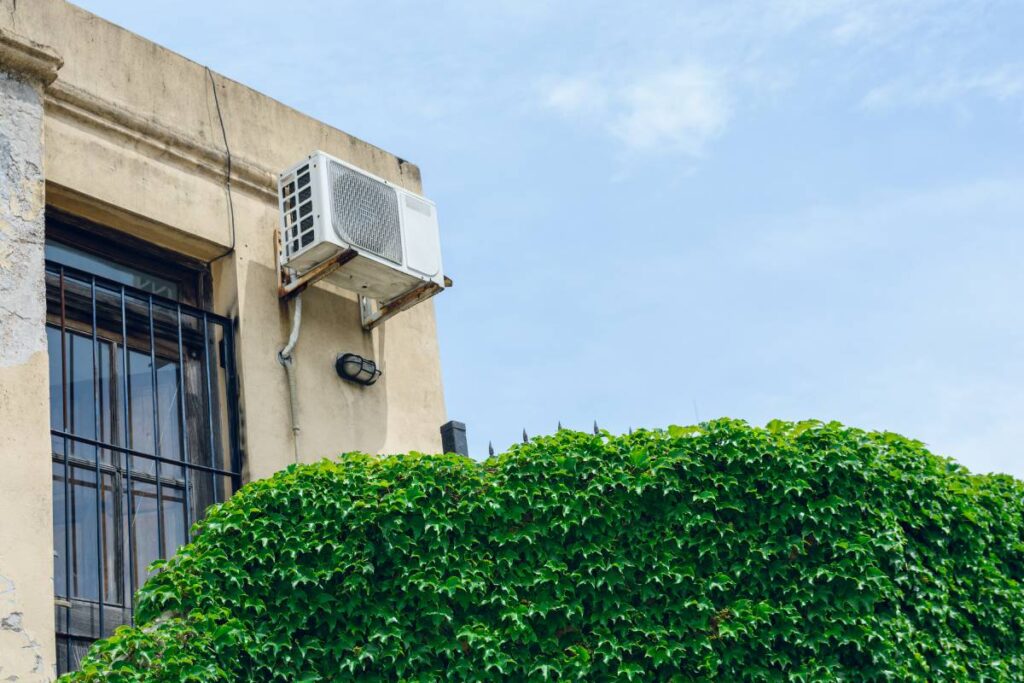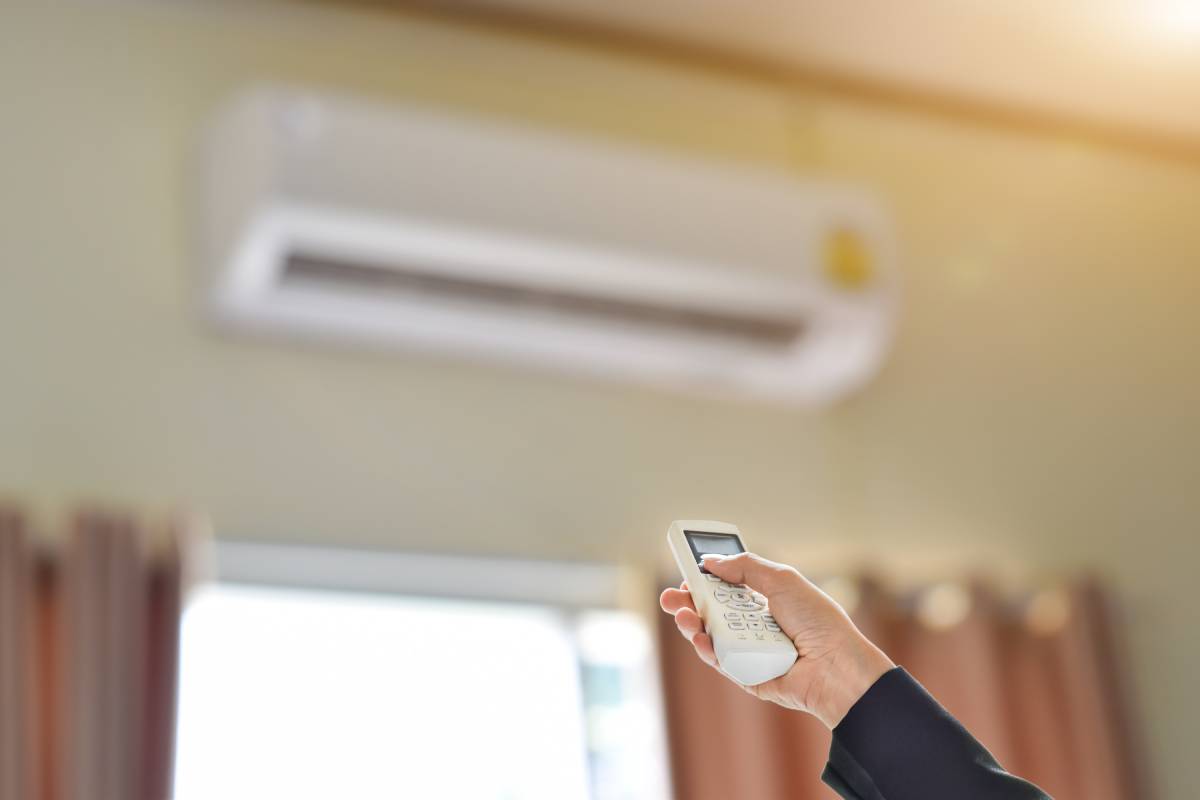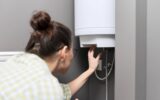Air conditioners are often associated with cooling and heating systems, but they also play a significant role in improving indoor air quality. Many people wonder, “Can air conditioners filter out dust and small particles?” The answer is yes, but with some important considerations.
Understanding how air conditioners work, the types of filters they use, and their effectiveness in removing dust and small particles is crucial for maintaining a healthy living environment.
How Air Conditioners Work
Air conditioners are designed to regulate indoor temperatures by cooling or heating the air and maintaining a comfortable atmosphere. However, an often-overlooked function is their ability to filter the air passing through the system.
When air is drawn into an air conditioning system, it passes through a filter before being cooled or heated. This filter is designed to trap airborne particles, including dust, pollen, and other pollutants. The filtered air is then circulated back into the room, providing a cleaner and more comfortable environment.
Types of Air Conditioner Filters
Air conditioners use a variety of filters, each with its own level of efficiency in trapping dust and small particles. Here’s a breakdown of the most common types:
1. Basic Mesh Filters
- Purpose: Found in most standard air conditioning units.
- Efficiency: Effective in trapping larger dust particles and debris but not suitable for microscopic particles.
- Maintenance: Requires frequent cleaning, typically every two weeks.
2. Pleated Filters
- Purpose: Offer higher efficiency than basic mesh filters.
- Efficiency: Can capture smaller particles like dust mites and pollen.
- Maintenance: Needs replacement every 3-6 months, depending on usage.
3. HEPA Filters (High-Efficiency Particulate Air)
- Purpose: Highly effective in capturing microscopic particles.
- Efficiency: Can filter out 99.97% of particles as small as 0.3 microns, including dust, pollen, and some bacteria.
- Maintenance: More expensive but ideal for people with allergies or respiratory issues.
4. Electrostatic Filters
- Purpose: Use static electricity to trap particles.
- Efficiency: Effective for small particles, including dust and smoke.
- Maintenance: Washable and reusable, making them an eco-friendly option.
5. Activated Carbon Filters
- Purpose: Designed for removing odours and chemical contaminants.
- Efficiency: Not as effective for dust but excellent for filtering volatile organic compounds (VOCs) and other gases.

Effectiveness of Air Conditioners in Filtering Dust and Particles
1. Dust Removal
Air conditioners equipped with high-quality filters can significantly reduce dust levels in indoor spaces. Filters such as pleated and HEPA filters are particularly effective in trapping fine dust particles that might otherwise settle on surfaces or be inhaled.
2. Removing Allergens
Many air conditioner filters can capture allergens like pollen, pet dander, and mould spores. Investing in a system with HEPA or electrostatic filters can dramatically improve air quality for individuals with allergies.
3. Trapping Microscopic Particles
Advanced filters can capture microscopic particles, including some bacteria and viruses. However, supplementary air purifiers or systems with UV sterilization may be required for comprehensive air purification.
Factors Influencing Air Conditioner Efficiency
Several factors affect how well an air conditioner can filter out dust and small particles:
1. Filter Type and Quality
The dust removal efficiency largely depends on the type and quality of the filter used. Basic filters might only remove large debris, whereas HEPA filters can handle microscopic particles.
2. Regular Maintenance
Filters that are clogged with dust and debris cannot perform effectively. Regular cleaning or replacement is essential to ensure optimal performance.
3. Air Conditioner Model
Modern air conditioning systems often include advanced filtration features, while older models may not be as effective.
4. Room Size and Ventilation
The size of the room and how well it is ventilated also impact the air conditioner’s ability to filter out particles. Larger spaces may require units with higher capacity or multiple air conditioning units.

Benefits of Using Air Conditioners for Dust Filtration
1. Improved Air Quality
An air conditioner with a quality filter can significantly improve indoor air quality by reducing airborne particles, creating a healthier living or working environment.
2. Allergy Relief
For individuals prone to allergies, an effective filtration system can minimize exposure to allergens, reducing symptoms like sneezing, coughing, and itchy eyes.
3. Reduced Cleaning Effort
By trapping dust in the air before it settles on surfaces, air conditioners can reduce the frequency of dusting and cleaning.
4. Healthier Respiratory System
Clean air reduces the risk of respiratory issues caused by inhaling dust, pollen, and other pollutants.
Limitations of Air Conditioners in Dust Filtration
While air conditioners can filter out dust and small particles, they are not a substitute for dedicated air purifiers. Some limitations include:
1. Inability to Eliminate All Pollutants
Air conditioners cannot filter out all pollutants, especially gases or ultrafine particles unless equipped with specialized filters.
2. Dependency on Regular Maintenance
Dirty filters can become a source of pollutants rather than a solution. Regular cleaning and replacement are necessary for optimal performance.
3. Limited Coverage
The filtration capacity of an air conditioner is limited to the space it serves. Larger or open areas may require additional units or air purification systems.
Tips for Maximizing Air Conditioner Efficiency in Dust Filtration
- Choose the Right Filter: Select a filter type based on your needs. For example, HEPA filters are ideal for allergy sufferers.
- Clean and Replace Filters Regularly: Follow the manufacturer’s guidelines for maintenance to ensure effective filtration.
- Keep the System Clean: Dust and debris can accumulate within the air conditioning unit, reducing its efficiency.
- Supplement with Air Purifiers: For better air quality, consider using standalone air purifiers alongside your air conditioning system.
- Seal Gaps and Cracks: Prevent dust from entering your space by sealing windows, doors, and other openings.
The Role of Air Conditioning in Overall Air Quality Management
Air conditioners are a valuable tool in maintaining clean indoor air, but they should be part of a broader air quality management strategy. This includes practices like regular cleaning, minimizing indoor pollution sources, and using additional air purification systems where necessary.
Conclusion
Air conditioners can indeed filter out dust and small particles, especially when equipped with the right filters and maintained properly. They play an important role in enhancing indoor air quality, providing relief for allergy sufferers, and creating a healthier environment. However, their effectiveness depends on several factors, including filter type, maintenance, and the specific air conditioning system used.
To maximize the benefits of your air conditioner, choose high-quality filters, clean them regularly, and consider supplementary air purification solutions for comprehensive dust and particle removal. By doing so, you’ll not only enjoy a comfortable indoor climate but also breathe cleaner, healthier air.







Kraken официальный сайт
Ищете надежную платформу для торгов и инвестиций в криптовалюту? Познакомьтесь с Kraken! Это один из самых известных и безопасных криптобирж в мире.
Почему стоит выбрать Kraken?
– Безопасность: Ваши средства защищены передовыми технологиями.
– Широкий выбор: Более 50 криптовалют для торговли, включая биткойн и эфир.
– Удобный интерфейс: Простая навигация и интуитивно понятные инструменты для анализа.
– Низкие комиссии: Конкурентные ставки на торговлю для максимизации ваших доходов.
– Поддержка: Круглосуточная помощь от профессионалов.
Зарегистрируйтесь на официальном сайте Kraken сегодня и получите доступ к премиальной платформе для торговли!
Присоединяйтесь к миллионам пользователей и начните свою крипто-приключение прямо сейчас!<a
kraken зеркало
Ищете идеальную квартиру в Москве или Подмосковье? У нас есть предложения, которые вас удивят! Живите в сердце столицы с развитой инфраструктурой, или выберите уютные районы Подмосковья для спокойной жизни. Мы предлагаем широкий выбор квартир: от современных студий до просторных семейных апартаментов. Наша команда специалистов поможет вам найти именно то, что нужно, учитывая все ваши пожелания и бюджет. Не упустите шанс стать владельцем жилья мечты! Звоните, и мы подберем лучшие варианты для вас! Живите там, где вам комфортно! ГК Гранель